A lot of first time homebuyers wind up in dire financial straits because they underestimate the actual cost of buying a house. Being inexperienced they harbour the notion that the monthly mortgage payment equals the cost of home ownership. What often results from this misconception is a slow motion rude awakening that can lead to a spirit crushing state known commonly as being “house poor” – or the state of not being able to afford anything other than the house. Sellers too – particularly first time sellers – often end up wondering what hit them when their projected windfall from the house sale winds up with some significant chunks taken out of it.
Table Of Contents
The Real Costs for Buyers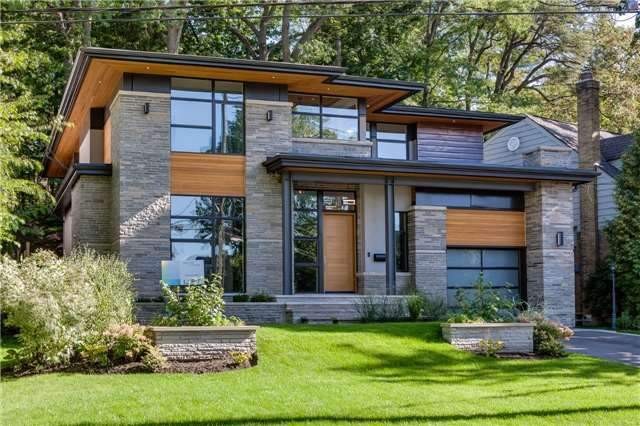
The best way to protect yourself from unwelcome surprises when buying or selling a home is to know what the actual costs are and to factor these into your calculations when determining how much house you can afford and exactly how much of the sale price will end up in your bank account. Below we’ll go through the various, often hidden, costs of buying and selling a home by Etobicoke Real Estate agent Leslie Brlec .
Hidden cost #1: The Land Transfer Tax
To say that first time homebuyers often overlook the Land Transfer Tax would be an understatement. Exactly why it is so often overlooked is a bit of a mystery because every province except Saskatchewan and Alberta imposes a Land Transfer Tax on home purchases. (Those provinces don’t let homebuyers completely off the hook either because they impose a “transfer fee” of their own.) In addition, most cities impose their own Land Transfer Tax (LTT). So when purchasing a home in Toronto for example, you’ll need to pay both the provincial and the municipal LTT. The amount of LTT you owe is calculated as a percentage of the final sale price and can add up quickly so be aware. Here is the LTT you would owe when purchasing hypothetical homes of different value in Toronto:
| Home Value | Ontario LTT | Toronto LTT | Total LTT due |
| $250,000 | $2,225 | $2,225 | $4,450 |
| $500,000 | $6,475 | $6,475 | $12,950 |
| $750,000 | $11,475 | $11,475 | $22,950 |
As you can imagine many first time homebuyers who never heard of the Land Transfer Tax are shocked when they receive a bill for $12,000 or $20,000 or more. Don’t let that be you. Always factor the projected LTT into the cost of purchasing your home.
Hidden Cost #2: Adjustment Costs
The purchase and sale agreement for your home states that the balance due will be paid by cheque or cash “subject to the usual adjustments”. But what exactly are “the usual adjustments?”
- With resale homes adjustments are things that the seller has paid for in advance that will benefit the buyer beyond the closing date. For instance, if the seller has prepaid property taxes through the end of the month and the closing date is in the middle of the month the seller will be reimbursed for the excess property tax payment. Other prorated adjustments may apply to things like prepaid landscaping services, prepaid water and gas as well as other items. When it comes to heating oil it is standard practice for the seller to top up the tank prior to closing and for the buyer to pay for one full tank of heating oil.
- When it comes to new homes adjustments can actually add up to quite a bit more than for resale homes. That’s because with a new home you may be liable for the cost of meter installations, the Ontario New Home Enrolment Fee and other items that don’t apply when a home is being resold.
Hidden Cost #3: Home Insurance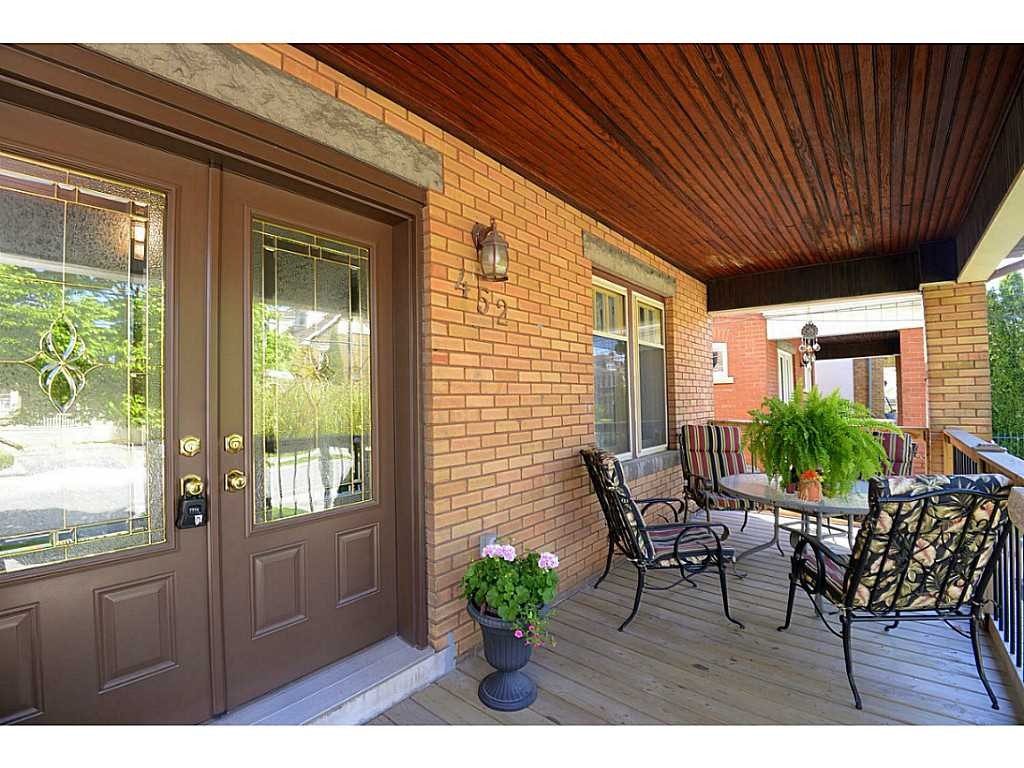
Unless you are paying cash for your home you’ll be required by the finance company to carry home insurance. As with other types of insurance the cost can vary significantly from case to case. Factors that influence the final cost of homeowners insurance include:
- The value of the home
- The amount of coverage
- The location of the house
- Compliance with fire standards
- Local crime statistics
- Your credit score
- The deductible amount
As of 2017 the average Toronto homeowner pays $780 a year for homeowner’s insurance.
Hidden Cost #4: Legal Fees
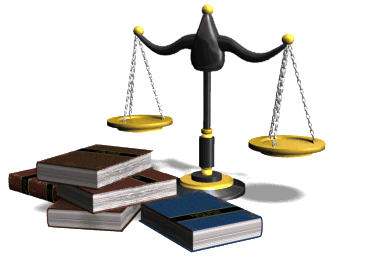
The bad news is that the purchase of a home generates a slew of legal documents that will need to be processed by a lawyer. The good news is that the law puts a cap on how much the lawyer can charge for this service. As of this writing the lawyer cannot charge more than 1% of the purchase price of the home or $1,200. Keep in mind however that the lawyer is also free to charge you what are called “disbursement fees”. These cover the cost of any mailings they did on your behalf, any phone calls made, fees they had to pay or any other expenses they incurred while working on the purchase of your home.
Hidden Cost #5: Title Insurance
Because we live in a digital age where hackers are able to break through Internet security protocols and steal everything from credit card information to medical records it’s highly recommended that you purchase Title Insurance. This will protect you against things like forgery, identity theft and mortgage fraud. It may cost you a few hundred dollars but the peace of mind you’ll get will be worth it.
Hidden Cost #6: Unexpected Mortgage Fees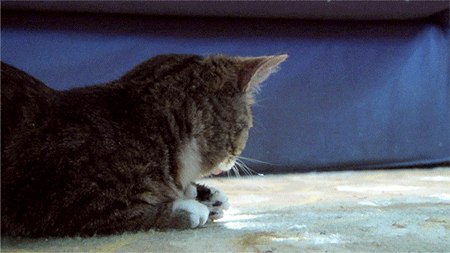
In most cases banks these day won’t charge a fee to set up a mortgage or perform a mortgage related appraisal. The operative word though is “most”, because some financial institutions still do impose these fees. It’s important therefore that you find out before deciding to do business with a particular bank or other institution. In addition, if you intend to put less than 20% down on your new home you’ll be required to purchase “mortgage default insurance” or CMHC insurance. The purpose of this type of insurance is to protect the lending institution in the event you default on your loan.
If you are looking for Real Estate Agent in Etobicoke contact Leslie Brlec Today!
The following chart will give you a rough idea how much you can expect to pay for mortgage default insurance in Toronto:
| Purchase Price | CMHC insurance with 5% Down payment | CMHC insurance with 10% Down payment | CMHC insurance with 15% Down payment |
| $100,00 | $3,800 | $2,790 | $2,380 |
| $250,000 | $9,500 | $6,975 | $5,950 |
| $500,000 | $19,000 | $13,950 | $11,900 |
| $750,000 | $28,000 | $20,925 | $17,850 |
As you can see mortgage default insurance, commonly called CMHC insurance, can be a significant expense and one that needs to be taken into consideration when determining the real cost of purchasing a home. Keep in mind also that the amount you pay may increase depending on the length of your mortgage. There is also the possibility that if you are carrying substantial debt at the time you purchase the house or you are self-employed the financial institution may deem you a “high risk borrower” and levy a mortgage broker fee that could bump up your closing costs by several thousand dollars more.
As you can see it pays to know exactly what type of hidden expenses you’re dealing with when it comes to purchasing a home. This knowledge can help you make a more accurate determination of how much house you can afford so that you never have to face the unhappy spectre of being house poor.
With all that in mind then let’s have a look at some of the hidden costs associated with selling a home.
The Real Costs for Seller
When it comes to selling a home the process is typically less convoluted than it is for buyers. The hidden costs however, are often equally significant.
Hidden Cost #1: Realtor’s Commission
Many people selling a home for the first time are unaware of the real estate commission or forget about it when calculating how much they believe they will yield from the sale. For a seller in Toronto the standard real estate commission is 5% although that figure is often negotiable. When it comes to negotiating the commission rate market forces will certainly play a role but there are other factors to be considered as well. For instance, a fair commission for a full-service agent – one that guides you through every step of the process – will be more than a fair commission for a discount agent – someone who tells you about the property and leaves pretty much everything else up to you.
When determining whether to negotiate the real estate commission keep the following in mind: full-service agents can help reduce the amount of stress that goes into the process of selling your home. They are there to answer your calls, questions and concerns and most will be happy to step in and assist in the event of a bidding war or some other unforeseen occurrence. If they do all this and maintain a positive, friendly attitude it’s fair to say they have earned their 5% commission. If however, you’ve chosen a discount broker who will largely be leaving you to your own devices during the sale process then it’s fair to open negotiations regarding the commission.
Thinking to Selling Home in Sunnylea get an advice from Leslie Brlec to get Maximum Amount.
Keep in mind also that any negotiating of the commission rate is done before you agree to work with the agent. And that the real estate agent only gets paid if the sale of the home is successful. No sale, no commission for the agent.
Hidden Cost #2: Legal Fees
Many first time sellers are not aware that a lawyer must also be involved in the sale of the home just as one was involved in the purchase. There is simply no way around it. The lawyer’s role in the sale process is to discharge the title and mortgage and to verify that all adjustments are settled. (You remember adjustments from above: they’re those prepaid services, utilities and things like property tax whose effective periods often extend beyond the closing date.) The lawyer is also needed to handle the actual sale itself. The maximum the lawyer can charge for their services during the sale process are the same as they charge a buyer; with the maximum being $1,200 plus disbursements.
Hidden Cost #3: Closed Mortgage Penalties and Discharge Fees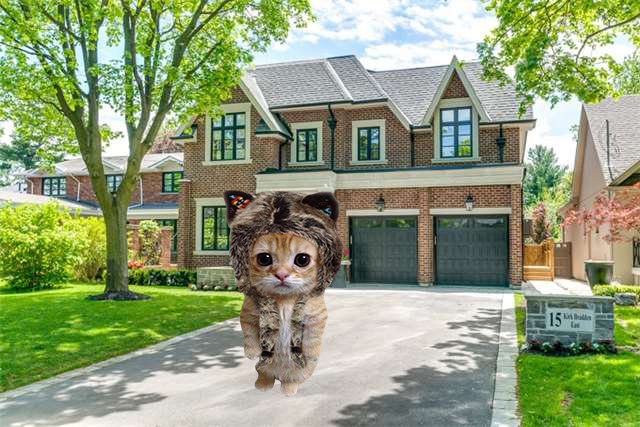
These are expenses virtually no one is aware of but ones which can rear up and take a significant bite out of the expected proceeds from your home sale. If you have a closed mortgage and wind up selling your house prior to its maturity date the financial institution may impose significant penalties and discharge fees. The penalty may wind up being the equivalent of several months’ worth of mortgage payments while the discharge fee could be as much as $300.
Hidden Cost #4: Capital Gains Tax
If the home you are selling is your primary residence you won’t have to pay any capital gains tax on the sale. However, if the home was an investment property get ready to pay a capital gains tax that is 50% of your particular tax bracket. So if you are in the 46% tax bracket and you clear $150,000 on the sale of your investment property you can expect to pay $34,500 in capital gains tax to the government leaving you with $115,500. And if Ottawa determines that you’ve been “flipping” properties you can expect to pay the full 46% rate in capital gains tax which means that after paying $69,000 in taxes you’ll be left with $81,000 from the sale once all the dust has settled.
If you are looking for home in Etobicoke contact Leslie brlec Today @ 416-277-5444
Knowledge is Power
People typically get into trouble buying a home because they don’t take into consideration all of the hidden expenses associated with home ownership. As a result they wind up house poor. Likewise, those selling a house or condo often have their profit expectations undermined by unexpected costs like those listed above. The best way to avoid the unpleasant surprises that sometimes accompany real estate transactions is to enter into those transactions with your eyes and ears open and in full command of the facts.
Check out Other articles Which will be helpful for you.







